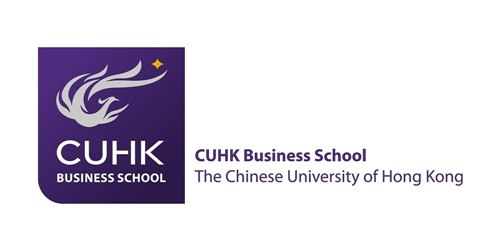Diving Deeper Beyond Twin Studies
The research team, which were led by of Prof. Li, Prof. Song Zhaoli at the National University of Singapore and Prof. Fan Qiao at Duke-NUS Medical School, conducted the study using data from the U.K. Biobank, the largest public genetic and health database in the world.
Researchers extracted genetic and occupational information of over 240,000 individuals of European ancestry. They also tapped on the U.K. Standard Occupation Classification and U.S. Occupational Information Network for information related to leadership roles and managing demands.
Leadership has been an important and classic topic in genetic research since the early 19th century, when modern human genetics was first formed as a scientific field.
Modern genetics research on leadership appeared much later using the classic twin approach. Twin studies are studies conducted on identical or fraternal twins. They aim to reveal the relative importance of environmental and genetic influences. Twin research is considered a key tool in behavioural genetics and in content fields, from biology to psychology.
The new study, titled Genetics, leadership position, and well-being: An Investigation with a large-scale GWAS, furthered previous areas of inquiry by providing results from a whole-genome exploration of leadership. It unraveled genetic correlations between leadership and known measures of well-being and health. The study also considered other socioeconomic measures such as income and education so that what was revealed was a truer picture of leaders’ genetic profiles.

























